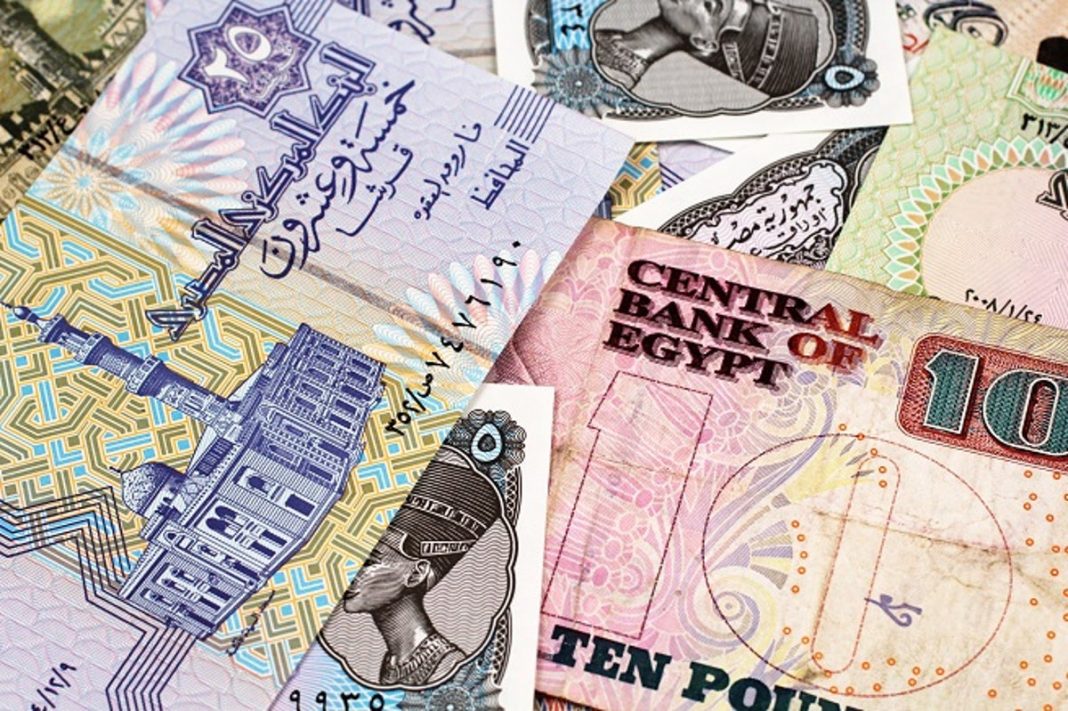The pound traded as low as 15.83 to the dollar, down from 15.72 at Monday’s opening, before strengthening again, Refinitiv data showed.
Alarm over the coronavirus pandemic triggered a large outflow of foreign investment from Egypt, halted the tourism industry – a major source of dollars – and threatened remittances from Egyptians working in oil-dependent Arab countries of the Gulf.
The International Monetary Fund last week approved a package of $2.77 billion through its Rapid Financing Instrument designed to help Egypt close a gap in its balance of payments.
Cairo is now negotiating an even bigger support package with the IMF under a Stand-By Arrangement (SBA), and economists anticipate the IMF will be looking for at least a moderate currency devaluation as part of the package.
“An SBA is likely to bring renewed focus on exchange-rate flexibility, especially if foreign reserves remain under pressure,” Fitch Ratings agency said last week.
“The Egyptian pound, which appreciated by 11% against the US dollar in 2019, has shown minimal volatility so far in 2020, despite the shock,” Fitch added.
Foreign customers sold more than half their Egyptian pound treasury bill holdings in March, according to central bank data, reducing the total to 149.3 billion Egyptian pounds ($9.44 billion) as of the end of March from 310.65 billion at the end of February.
Tourism, which earned Egypt $13 billion in 2019 or about 5% of gross domestic product, came to a virtual halt after the government halted commercial flights in March.
Egyptians working abroad sent home $26.78 billion in 2019.




























